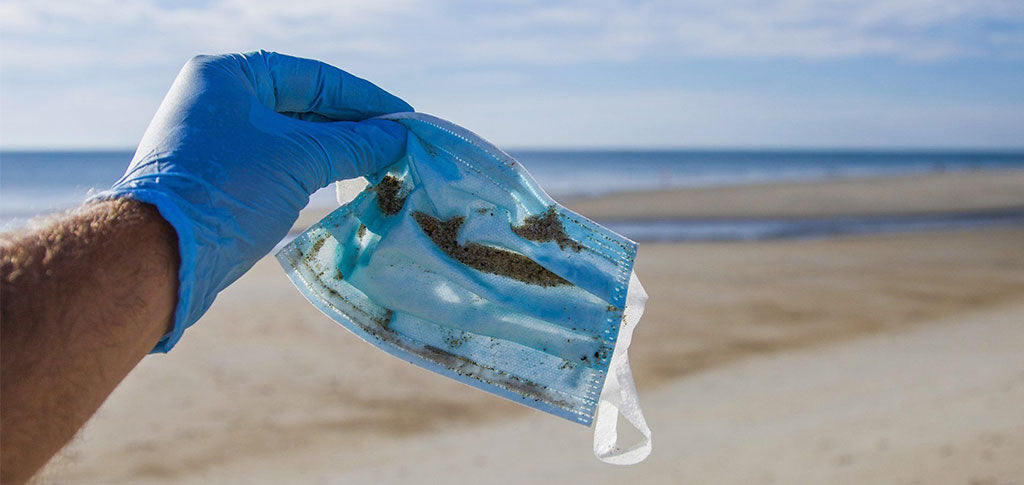It's estimated that in 2020 across the world, up to 3.4 billion disposable face masks were thrown out every single day!
Clean Up Australia is keen to unmask the extent of the problem as a litter issue during this year's Clean Up Australia Day and count the number of masks removed from our environment.
Burke Marine is a massive supporter of Clean Up Australia Day and our crew will be doing their bit this year by helping to clean up Sydney Harbour.

Pip Kiernan, Chair of Clean Up Australia, says there’s no doubt the amount of plastic waste has been surging because of the pandemic and there are concerns there will be long-term damage but at this stage there is no data to substantiate the impact to the Australian environment.
“Our environmental issues haven't gone away because of COVID. In fact, they've escalated because of the mountain of rubbish that's been created. That’s why we’re encouraging as many Aussies as we can to get involved on Clean Up Australia Day on Sunday 6 March this year."
Plastics in disposable masks can take up to 450 years to break down and researchers have warned that littered single-use masks could be releasing chemical pollutants and nano-plastics into the environment.
“Disposable masks don’t belong in the environment and we are calling on volunteers to rally together and help us remove and count them on Clean Up Australia Day.”
"People can get out there and pick up what’s being littered and let us know the scale of the problem," Pip Kiernan said.
All participants on Clean Up Australia Day will be provided with online access to record the number of masks they collect on a national database.
If you can’t join a Clean Up, Ms Kiernan urges Aussies to make a donation to Clean Up Australia. 100% of funds raised through donations are allocated to the provision of educational resources and clean up materials provided free of charge to community, school and youth groups across the nation, all year round.
Single-use or disposable face masks are made using a variety of plastics, including polypropylene, polyethylene and vinyl – which means they are not recyclable via kerbside recycling or with soft plastics. When disposing of single use face masks it is recommended that the ear straps are snapped before putting them in the general rubbish bin.
Over the past two years there have been disturbing cases of seabirds and wildlife found tangled up in carelessly discarded single-use face masks.

Ms Kiernan said the next generation of PPE equipment needs to be designed to not only be as safe as possible but have the lowest environmental footprint possible.
“Urgency is required to be more creative in the design of these products with the environment right up there in our thinking. This concept of product stewardship – when we design a product and consider what happens to it at the end of its life - needs to be addressed at the outset. We need innovation in the design of PPE so that it’s as safe as it can be but kinder on the environment.”
For information on a Clean Up event near you, visit the Clean Up Australia website.

